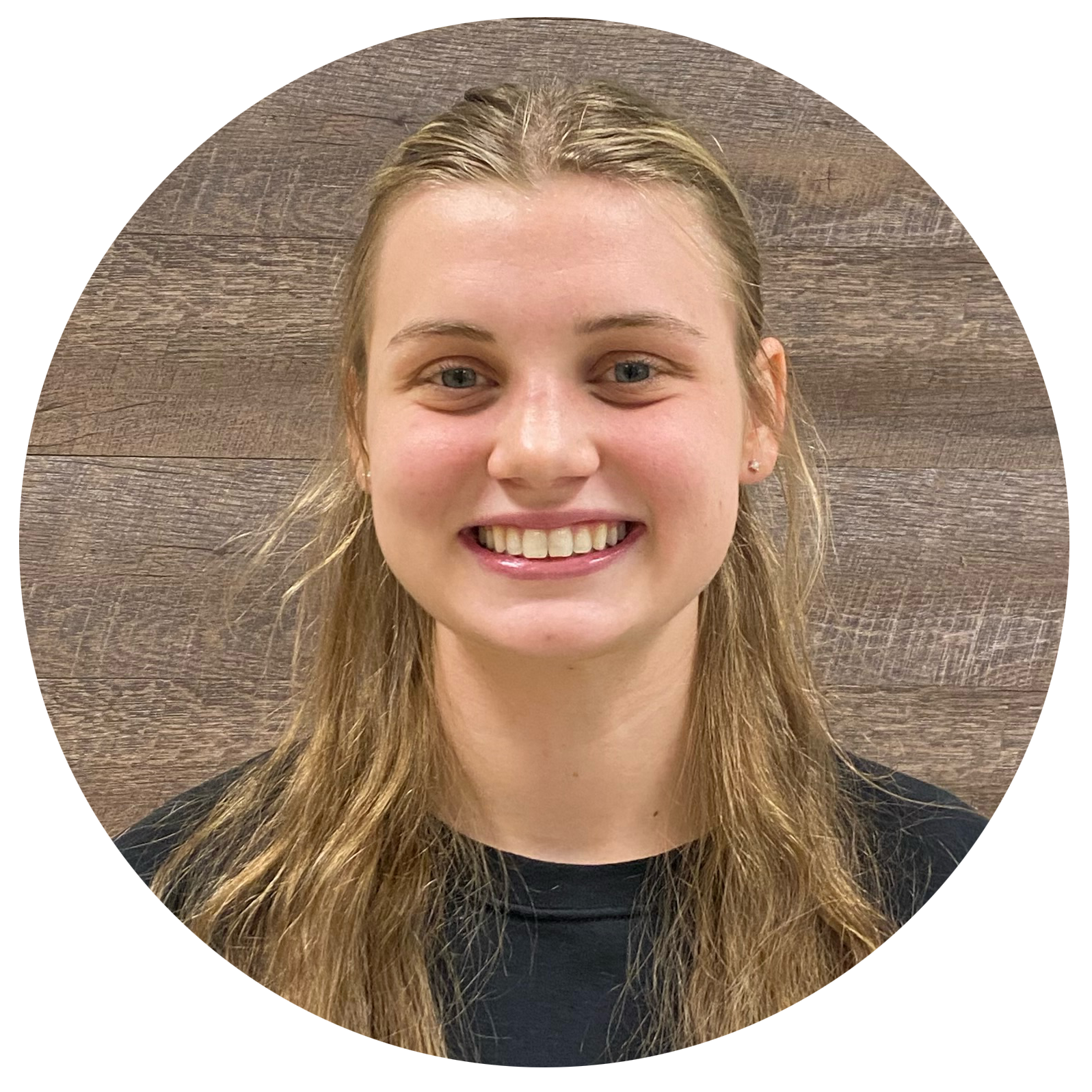Learning from athletic recruitment

Carly Prows | The Chronicle
There is nothing like talking to college coaches over the phone – a combination of nerve-wracking, surreal and exciting feelings. I prepared for my first call with a college coach the same way I would prepare for a big test: researching the school, digging for important information on the coaches and team and even practicing how to greet them. Though my preparation took a lot of energy, I knew it would establish a great conversation.
Another aspect of recruiting is visiting schools and meeting the team and staff. I began visiting schools during my freshman year in high school. I did my best to envision my future at every school I went to, whether it felt right or not. Looking back now, as a senior, visiting schools as early as your freshman year in high school can pile a ton of pressure on an athlete.
After my club basketball career ended last summer, I had seven scholarship offers on the table and was eager to find a future home. I knew Ashland University would be the school I chose the moment I met the coaches; everything felt right. As an athlete, this moment–this feeling–was one I had dreamed of my entire life. As soon as I realized that I wanted to commit to Ashland I called the coach. I felt a little anxious but extremely excited because I knew this was my chance to play at the next level at a great school with a great women’s basketball program.
Ask any prospective athlete; recruiting is a lot to juggle. Though being recognized for your athletic prowess is an immense honor, recruiting can come with many stressful and heartbreaking experiences. Nothing beats the feeling of calling the Ashland coaches and committing to a school after years of hard work and dedication. However, I was unprepared for the other phone calls I had to make to the schools that had also offered me scholarships. I never realized how business-centered recruitment was until I told the coaches I did not want to choose their program. I couldn’t help but feel guilty – this being the first time I really had to tell someone “no.”
Other Mason High School athletes have gone through similar experiences with recruiting and the stress that comes with it. Senior golfer Timmy Hollenbeck committed to play golf at Wright State University, and he said that he recalls some of his most stressful moments being the periods of no communication from other college coaches. Recruited athletes are expected to be expert communicators, so when we reach out to coaches and get no response, it creates some anxiety. Hollenbeck admitted that even though it is an unsettling process, he learned to be patient.
Communicating with coaches for so many years has personally taught me a lot about how to maintain a thorough and mature conversation with adults. Whether it is a phone call, text or email, I understand the importance of communication. Hollenbeck’s teammate AJ Wilhelm committed to play golf at Xavier University and said that talking to coaches taught him to speak coherently and respectfully. He consistently asked direct questions, helping him build meaningful relationships, which ultimately led him to him finding his home.
The recruiting process has not only been a rewarding experience, but also a learning experience. Communication with coaches has taught me how to express gratitude and push through the toughest phone calls. There was no better feeling than knowing my hard work was being recognized, so making the decision to commit to Ashland brought everything full circle.
